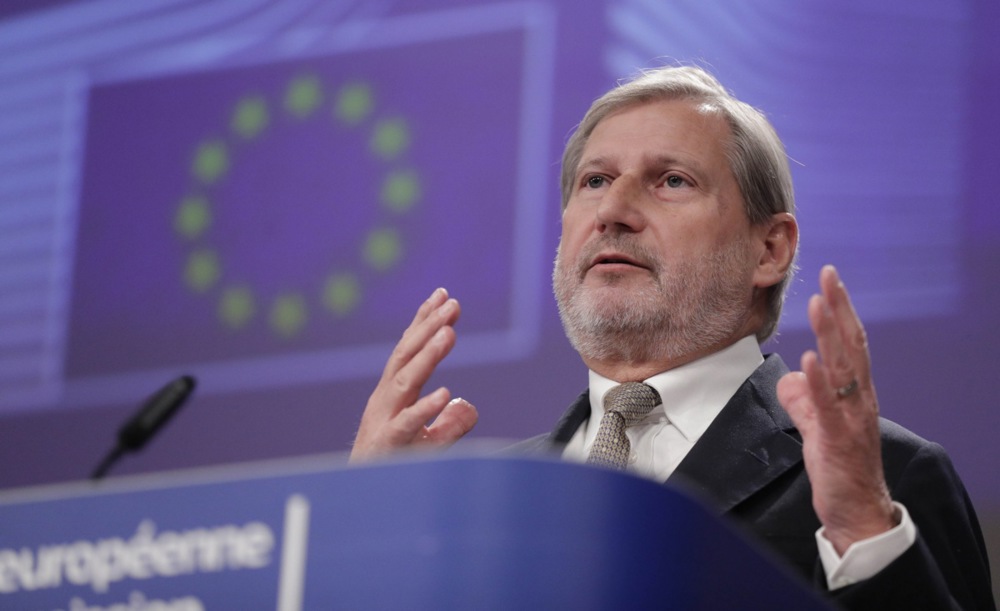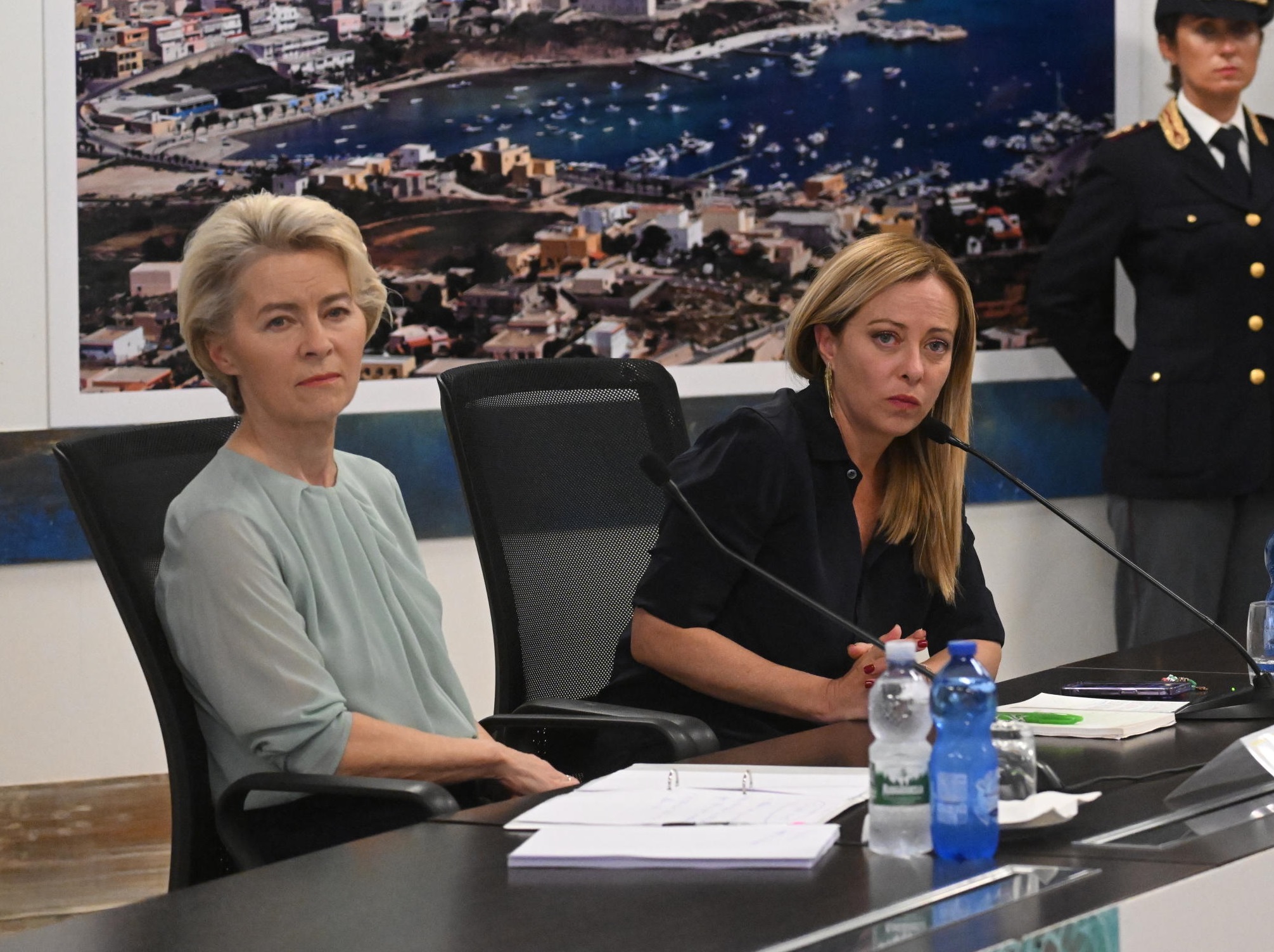The European Ombudsman has criticised the European Commission for seemingly being unable to answer freedom-of-information requests quickly.
With some legitimate applications to access EC documents regularly taking more than a year to process, the Ombudsman is now calling on the European Parliament to step in and pressure the EC into improving the situation.
According to data gathered by the body, 16 per cent of initial requests for EC documents are said to have taken more than the expected 30 days to process.
Things were far worse for review requests, with 84 per cent taking longer than 30 days.
A number of these reviews of documents to do with migration, Russia sanctions and European Union recovery funds are said to have taken in excess of a year for the EC to properly action.
“Citizens rightly expect the EU administration to be open, modern and service-minded – the Commission’s approach to access to documents falls far short of these expectations,” European Ombudsman Emily O’Reilly said.
She added that the EC needed to “fundamentally rethink” its approach to access requests from the public, saying that the failings of the Commission “undermine citizens’ ability to scrutinise EU decisions and policies in a direct and timely way”.
“My ultimate aim is to help the public participate meaningfully in the democratic life of the EU, which is a treaty right,” she added.
“This is why I have called for Parliament’s support and action on this matter.”
The European Commission is being quizzed by the European Ombudsman over how it will ensure respect for human rights in light of the controversial deal it made with Tunisia. https://t.co/fxKzjJ3xl4
— Brussels Signal (@brusselssignal) September 17, 2023
O’Reilly’s complaint is her latest criticism of the EC in recent years.
The Ombudsman has repeatedly denounced the institution for failing to act in a transparent manner, with its refusal to release text messages sent between EC President Ursula von der Leyen and the chief executive of US-based pharmaceutical giant Pfizer drawing particular ire.
Despite the texts allegedly pertaining to EU vaccine-acquisition negotiations during the COVID-19 pandemic, the EC has claimed it has lost the messages and so cannot release them.
Such an excuse was dismissed by the Ombudsman, which found the body guilty of maladministration last year.
This finding has not amounted to much. The Ombudsman has no enforcement powers within the bloc, effectively allowing the EC to ride rough-shod over transparency rules if and when it feels like it.
Some journalists are now taking matters into their own hands, with the New York Times beginning a legal case against the EC in February this year over its refusal to release the texts.
The European Union has introduced only “cosmetic changes” in its fight against corruption, according to Emily O’Reilly, the European Ombudsman. https://t.co/F8kvTUHf0j
— Brussels Signal (@brusselssignal) September 11, 2023





